The world of magic has long captivated human imagination, weaving tales of wonder and fear. Among its many dimensions, black magic stands out, often associated with malevolence and sinister intent. But what is black magic, and is there any truth to its efficacy? This blog will explore the complexities of black magic, rooted in historical context and research.
What is Black Magic?
Black magic, often referred to as “sorcery” or “dark magic,” encompasses practices believed to invoke supernatural powers for harmful or selfish purposes. Unlike white magic, which seeks to heal and promote good, black magic is traditionally viewed as a means to manipulate others or bend circumstances to one’s will.
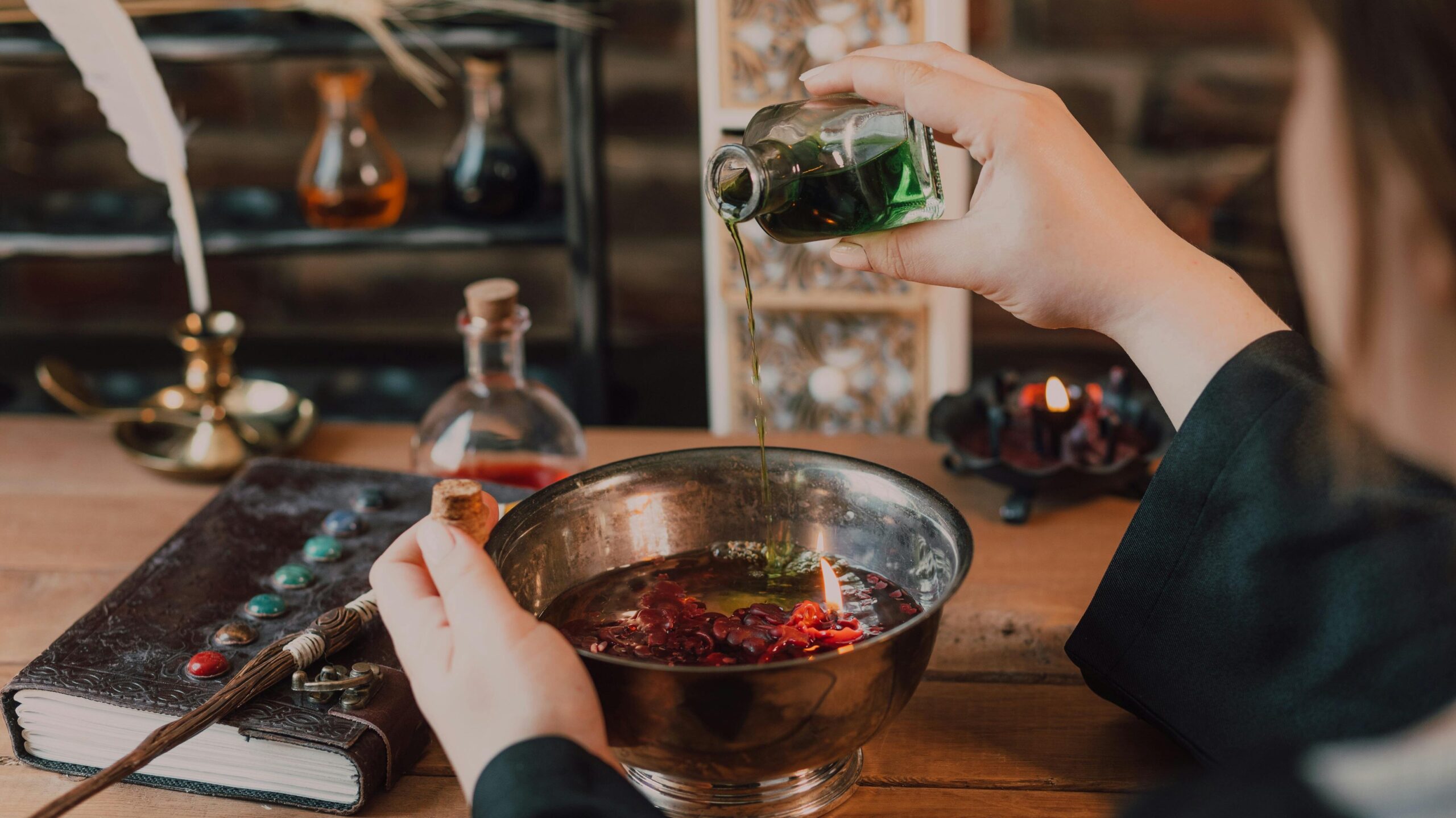
Historical Context: The term “black magic” can be traced back to the Middle Ages, where it was often used to distinguish between legitimate religious practices and the feared practices of witches and sorcerers. Many societies, from ancient Egypt to medieval Europe, had their own interpretations of what constituted black magic, often conflating it with witchcraft.
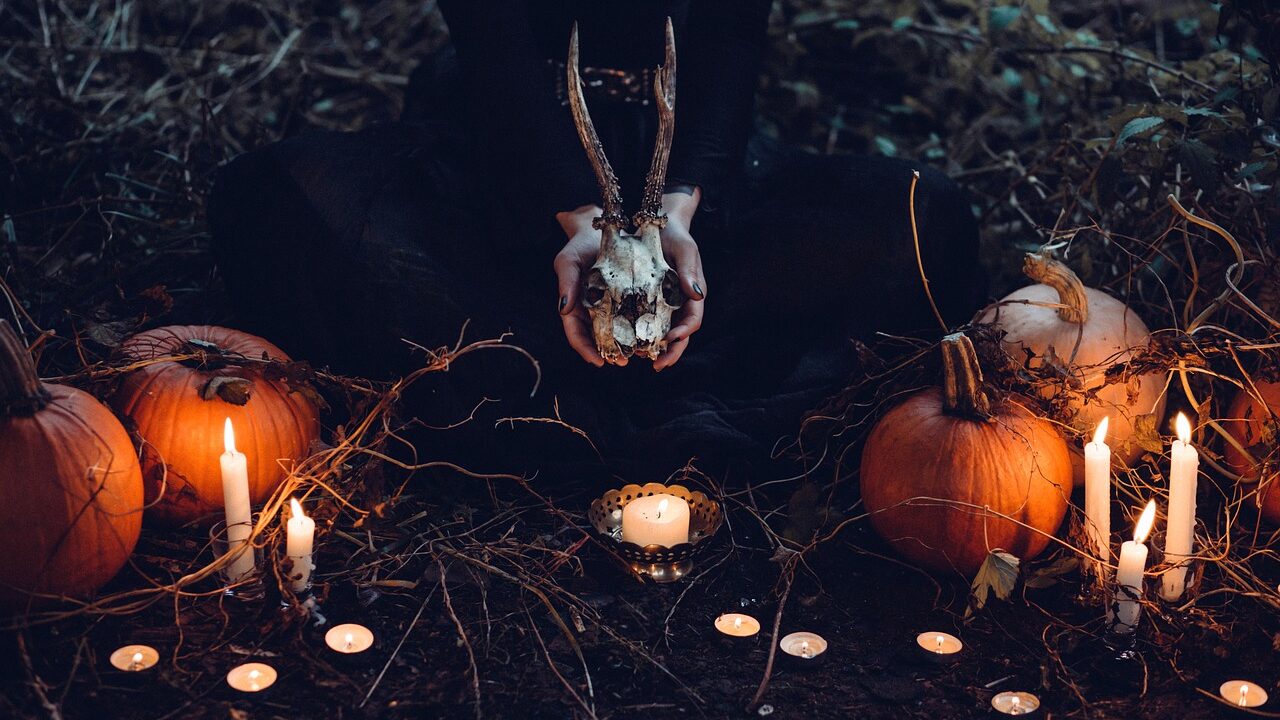
The Role of Belief in Magic
One of the core elements that underpin the practice of black magic is belief. According to researcher and anthropologist Dr. Susan Greenwood, belief plays a vital role in the effectiveness of magical practices. She asserts that when practitioners genuinely believe in their abilities, their intentions can manifest into reality.
In practical terms, this means that the energy surrounding a spell or ritual is often influenced by the caster’s conviction. A magician who performs a ritual and then forgets about it is believed to release the energy into the universe, allowing it to take effect without interference.
The Concept of Sacrifice
Many practitioners of black magic subscribe to the idea that a sacrifice is necessary for powerful results. This notion is deeply embedded in various cultural practices:
Shamanic Traditions: Shamans, as described by Dr. Michael Harner in his work on shamanism, undergo a transformative experience, often involving symbolic death and sacrifice. They believe this process allows them to access other realms and communicate with spirits, but it comes at a personal cost—often sacrificing something cherished.
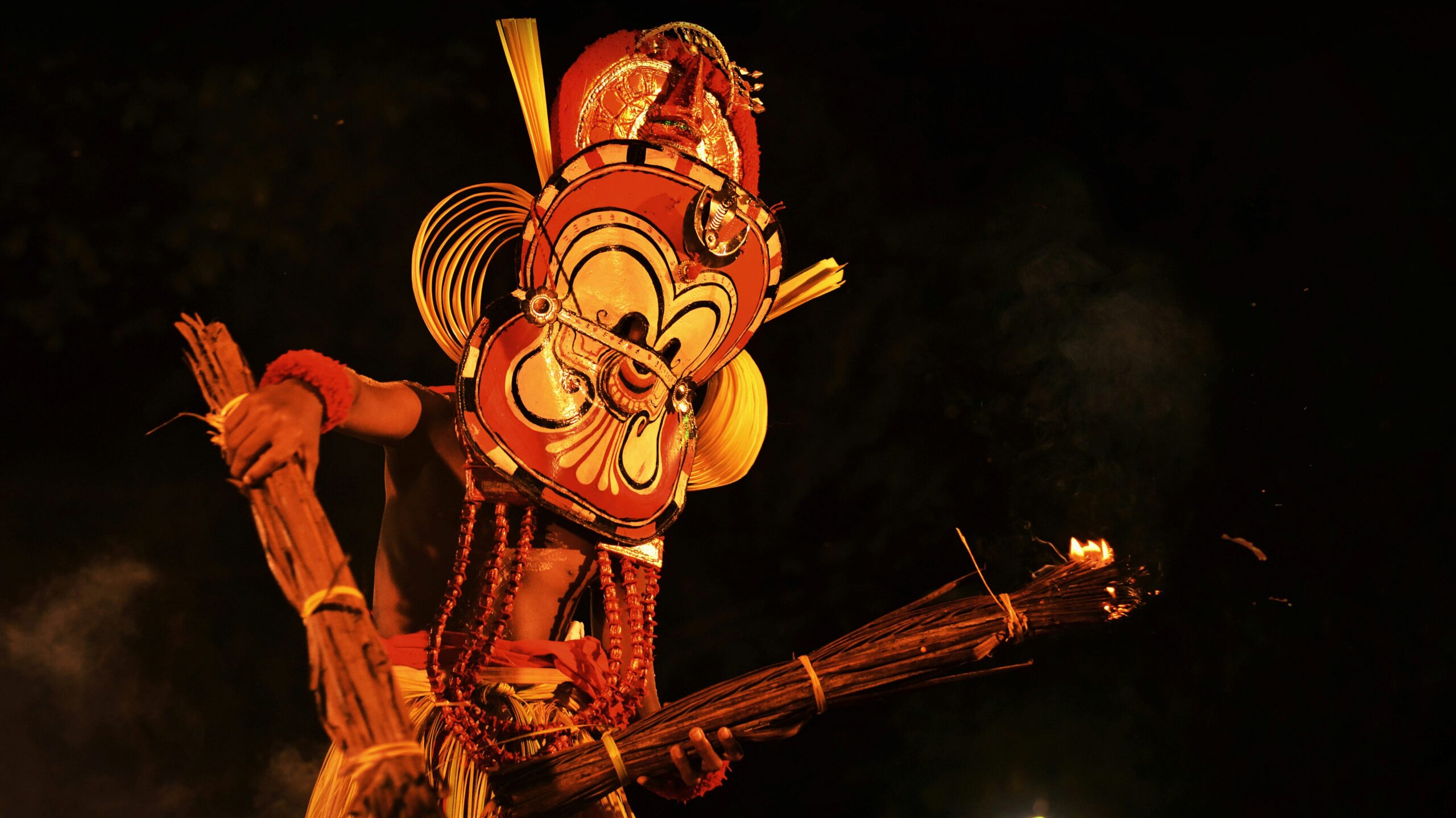
The Law of Three: Many witches adhere to the Threefold Law, which posits that whatever energy they send into the universe—whether positive or negative—will return to them three times. This principle serves as a moral compass, deterring practitioners from engaging in harmful black magic.

Chaos Magic: A Different Perspective
Chaos magic represents a departure from traditional beliefs about black magic. Practitioners, often referred to as chaos magicians, embrace a fluid and individualistic approach to magic. Research by Dr. Phil Hine highlights that chaos magicians operate on the belief that there are no strict rules or consequences; they are free to use any method that resonates with them.
This approach can be unsettling for many, as chaos magicians often reject moral frameworks and established rituals in favor of personal exploration and experimentation.
Duality in Magic: The Balance of Forces
The idea of duality is central to many magical traditions. The phrase, “As above, so below,” attributed to the Emerald Tablet of Hermes Trismegistus, emphasizes the interconnectedness of the spiritual and material realms.
This principle reflects a fundamental truth in many esoteric beliefs: every action has a reaction. The duality of existence suggests that good and evil are not absolutes but rather perspectives shaped by cultural and societal norms. In this context, black magic may not be viewed as evil but rather as a tool that can be wielded for various purposes.
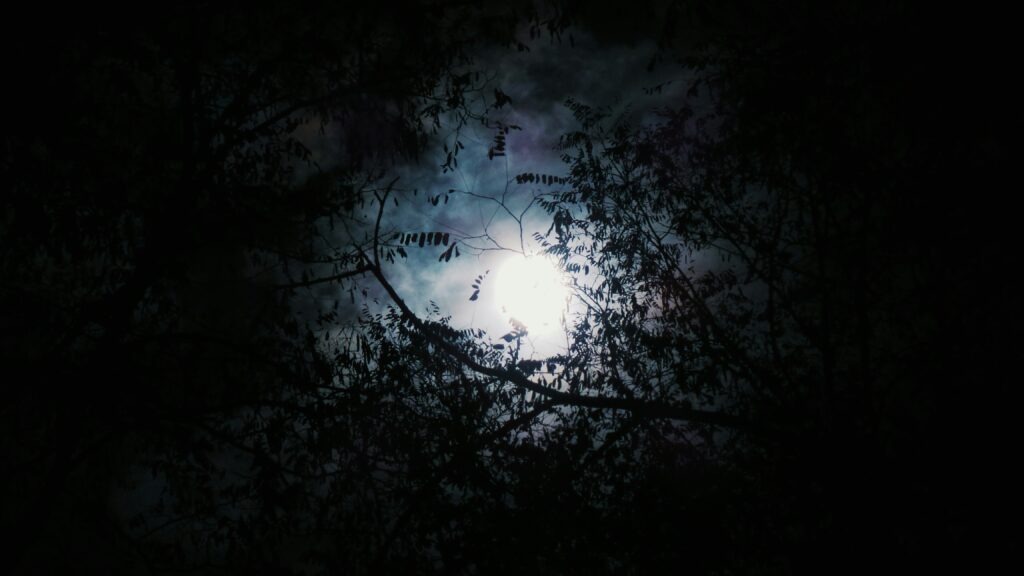
Cultural Perspectives on Black Magic
Different cultures interpret and practice black magic in unique ways. For instance:
Voodoo: In Haitian Vodou, practices often mischaracterized as black magic involve rituals that seek to maintain balance between the living and the spirit world. Voodoo practitioners may utilize magic for healing or protection, demonstrating that the intent behind the practice matters more than the practice itself.

African Traditional Religions: Many African cultures view magic as an integral part of life, where practitioners can harness spiritual energies for various purposes. This holistic perspective often intertwines elements of community, spirituality, and personal agency.
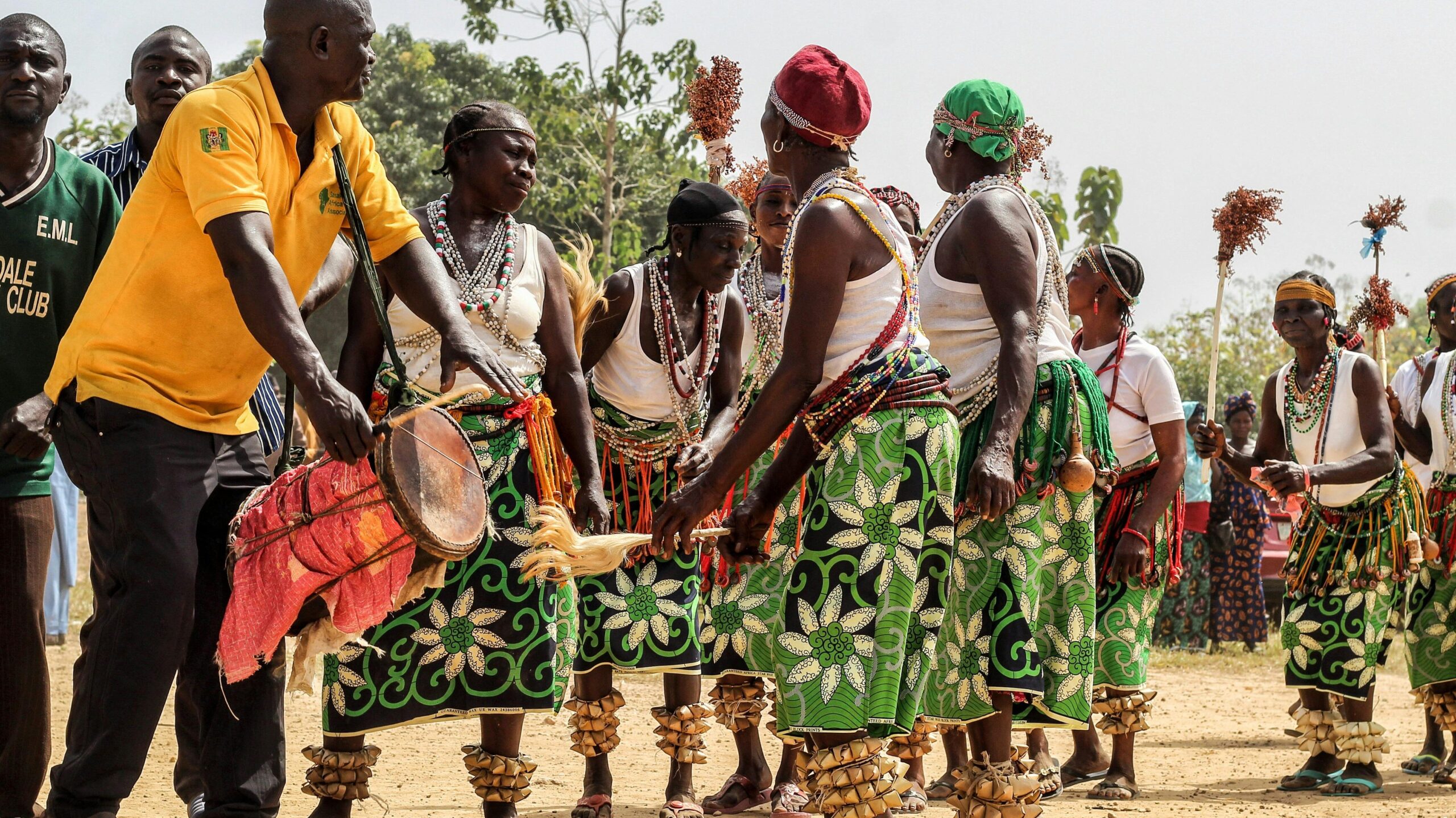
Black magic is a multifaceted practice deeply rooted in belief, intention, and cultural context. While often perceived negatively, a closer examination reveals a complex interplay of power, sacrifice, and duality.
As we navigate the realm of magic, it is essential to approach it with an open mind, recognizing that our understanding of good and evil is largely shaped by societal teachings. In the end, magic invites us to explore the depths of our beliefs and the nature of our existence.



